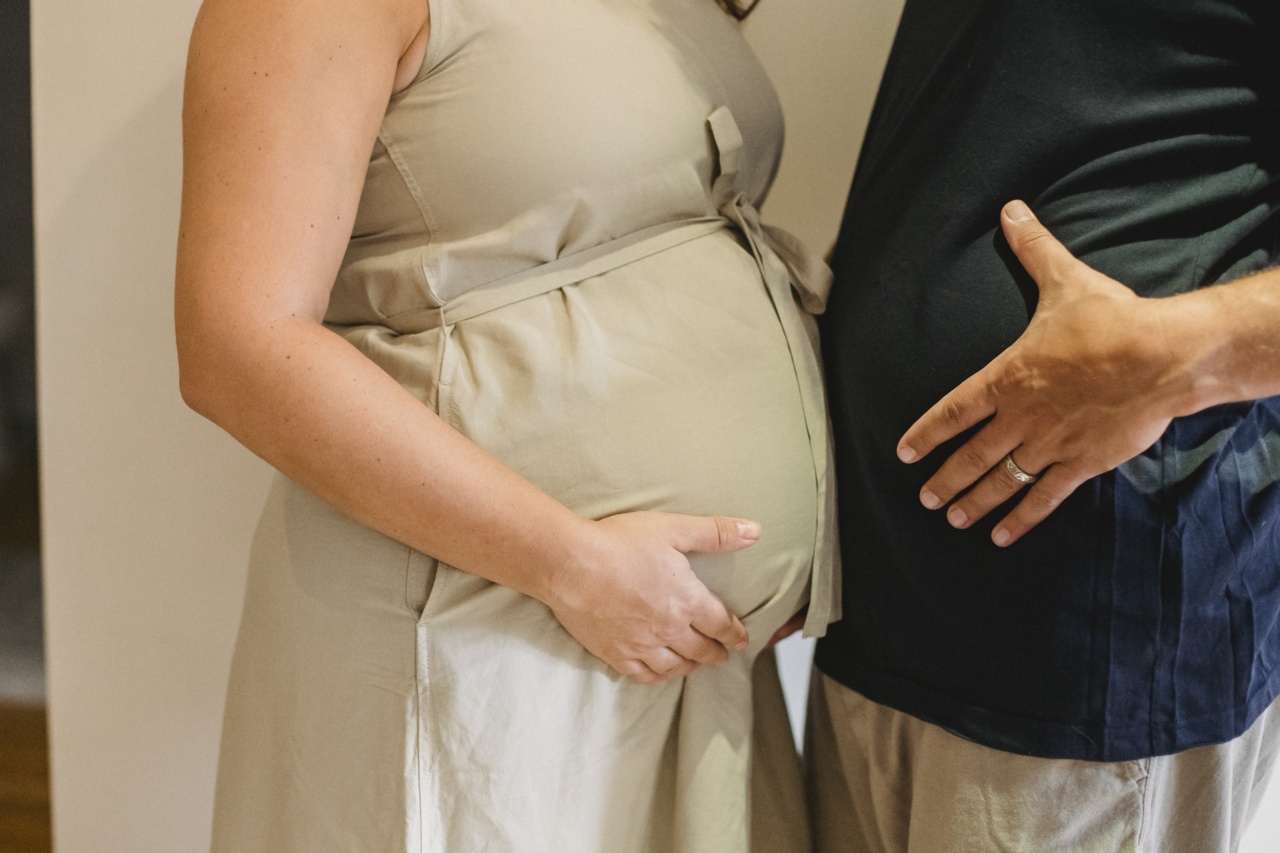Many women wonder if it is possible to have both pregnancy and menstruation at the same time. The answer to this question is no. It is not possible to have your period while you are pregnant, as the two are mutually exclusive.
However, some women may experience bleeding or spotting during pregnancy, which can be mistaken for a period. This is a common occurrence and is usually not a cause for concern, but it is essential to understand why it happens and when to seek medical attention if necessary.
What Happens During Pregnancy?
Pregnancy is a complex process that begins when a sperm fertilizes an egg. Once fertilized, the egg travels down the fallopian tube and implants itself in the lining of the uterus.
The fertilized egg begins to divide and form a cluster of cells, which eventually becomes a fetus. During pregnancy, the body goes through many changes to support this development, including hormonal shifts and changes to the uterus and cervix.
What Happens During Menstruation?
Menstruation, also known as a period, is the shedding of the uterine lining that occurs in the absence of pregnancy. Each menstrual cycle lasts approximately 28 days, although this can vary.
During this time, the uterus builds up a thick lining of blood and tissue in preparation for a possible pregnancy. If pregnancy does not occur, the lining is shed, resulting in bleeding and the start of a new cycle.
Can You Have Both at the Same Time?
It is not possible to have both pregnancy and menstruation at the same time. When a woman becomes pregnant, the body stops ovulating and producing new eggs.
Without ovulation, the body does not build up a new uterine lining each month, and therefore, there is no need for the lining to shed. This means that menstruation stops until after the pregnancy is over.
Why Do Some Women Experience Bleeding During Pregnancy?
While it is not possible to have a period during pregnancy, some women may experience bleeding or spotting. There are a few reasons why this might happen:.
Implantation bleeding:
When the fertilized egg implants itself in the lining of the uterus, it can cause some light bleeding or spotting. This usually occurs around the time of the woman’s expected period and is often mistaken for a period.
However, implantation bleeding is usually much lighter and shorter than a typical period.
Cervical changes:
During pregnancy, the cervix becomes softer and more sensitive. This can sometimes lead to light bleeding after sex or a vaginal exam.
Miscarriage:
Unfortunately, some women may experience bleeding as a sign of a miscarriage. If you are experiencing bleeding during pregnancy, it is essential to contact your healthcare provider to rule out any serious issues.
Ectopic pregnancy:
In some rare cases, bleeding during pregnancy can be a sign of an ectopic pregnancy, where the fertilized egg implants itself outside of the uterus. This is a serious medical condition that requires immediate care.
When to Seek Medical Attention
If you are experiencing bleeding during pregnancy, it is important to contact your healthcare provider. While some bleeding is normal, it is essential to rule out any serious underlying complications, such as a miscarriage or ectopic pregnancy.
Your healthcare provider can perform an ultrasound to check on the health of your pregnancy and determine the cause of any bleeding.
Can You Get Pregnant While on Your Period?
While it is not possible to have a period during pregnancy, it is possible to get pregnant while on your period. This is because sperm can live inside the female body for up to five days, and ovulation can occur earlier or later than expected.
This means that there is a small window of time each month where a woman can become pregnant, regardless of where she is in her menstrual cycle. To prevent pregnancy, it is important to use birth control consistently and correctly.
The Bottom Line
While it is not possible to have both pregnancy and menstruation at the same time, some women may experience bleeding or spotting during pregnancy. It is important to understand why this happens and when to seek medical attention if necessary.
If you are trying to prevent pregnancy, it is essential to use birth control consistently and correctly.



























